Comprehensive Guide to Understanding Buyer Closing Costs
For many first-time homebuyers, the prospect of navigating the complexities of a real estate closing can be daunting. From committing to a mortgage to sifting through paperwork, the process can evoke anxiety, especially when it comes to understanding the various costs outlined in the buyer cost sheet. In this guide, we aim to demystify these costs, empowering buyers with clarity and transparency to make informed decisions.
What is a Buyer Estimate?
A buyer estimate, or buyer cost sheet, provides an anticipated breakdown of expenses that buyers are expected to cover during a home purchase. This document typically itemizes property fees, taxes, mortgage-related expenses, and title fees necessary for the transfer of property ownership.
Understanding Closing Costs
Buyers and sellers each incur specific closing costs. While sellers often bear the burden of repairs and outstanding charges, buyers typically assume responsibility for title transfer and escrow fees. These costs can vary, generally ranging from 2% to 5% of the total property value. For instance, on a $200,000 home with a 20% down payment, buyers might expect to pay between $4,000 and $10,000 in closing costs. Major components contributing to these costs include one-time closing fees such as origination charges and escrow expenses.
State-specific Variations
It's essential to note that certain closing costs can vary significantly from one state to another. For example, origination fees in Miami may differ substantially from those in Los Angeles. Being aware of these variations is crucial for buyers to anticipate and budget accordingly.
Exploring Major Cost Components
- Property Related Fees: These expenses are associated with evaluating the property's market value and condition. They often include appraisal and home inspection fees.
- Appraisal Fee: Typically ranging from $300 to $450, this fee ensures that the property's value aligns with current market trends.
- Home Inspection Fee: Buyers incur this cost to verify the property's structural integrity, typically ranging from $200 to $350.
- Loan Related Fees: These expenses arise during the mortgage processing stage and encompass attorney fees, loan origination charges, and application fees.
- Loan Application Fees: Generally up to $400 to $500, these cover administrative expenses associated with loan processing.
- Attorney Fees: Varying by state and hours spent, attorney fees typically range from $100 to $300 per hour.
- Loan Underwriting Fee: This fee, up to 0.5% of the total principal amount, covers verification and paperwork for loan approval.
- Mortgage Insurance Fees: These costs pertain to insuring the mortgage and may include the first year's insurance premium and application fees.
- Insurance on the Mortgage: Buyers pay upfront insurance costs during closing or opt for a lump sum covering the mortgage duration.
- Insurance Application Fee: Incurred if the down payment is less than 20%, this covers private mortgage insurance.
- Property Taxes: These expenses encompass upfront property tax payments, insurance premiums, and annual assessments.
- HOA Assessment: Buyers may need to pay an annual fee to the homeowners association upfront.
- Property Tax: Upfront payment equivalent to two months' property taxes is typically required during closing.
- Title Fees: These charges arise during the title search process and may include insurance costs for lenders and buyers.
- Title Search Fee: Costs around $100, this verifies the property's ownership and potential disputes.
- Lender's Title Insurance: Safeguards lenders against property disputes, typically lasting until the mortgage is paid off.
- Owner's Title Insurance: Protects buyers from future title disputes, generally costing up to 1% of the total mortgage amount.
Rolling Closing Costs into the Mortgage
While it's often stated that closing costs can be rolled into the mortgage, this process isn't as straightforward. Sellers may adjust the total house price to accommodate these costs, termed as a seller credit. Alternatively, buyers may secure a lender credit, where closing costs are factored into the mortgage interest rate. Deciding whether to opt for these options involves weighing upfront payments against potential long-term interest expenses.
In conclusion, the buyer cost sheet plays a pivotal role in the closing process, offering buyers insights into anticipated expenses. By understanding these cost components, buyers can navigate the home buying journey with confidence and clarity. We trust this guide has provided valuable insights, empowering buyers to approach closing with informed decision-making. Happy Closing!

latest videos


MENU
GET IN TOUCH
718-550-4976
bn@brianngonyc.com
2059 86th St, Brooklyn, NY 11214, United States of America
License # 10401216039
STAY CONNECTED
Join our newsletter and find out more
Contact Us
We will get back to you as soon as possible
Please try again later
All information provided is deemed reliable but is not guaranteed and should be independently verified. This website and its affiliates make no representation, warranty or guarantee as to accuracy of any information contained on this website. You should consult your advisors for an independent verification of any properties or legal advice.












